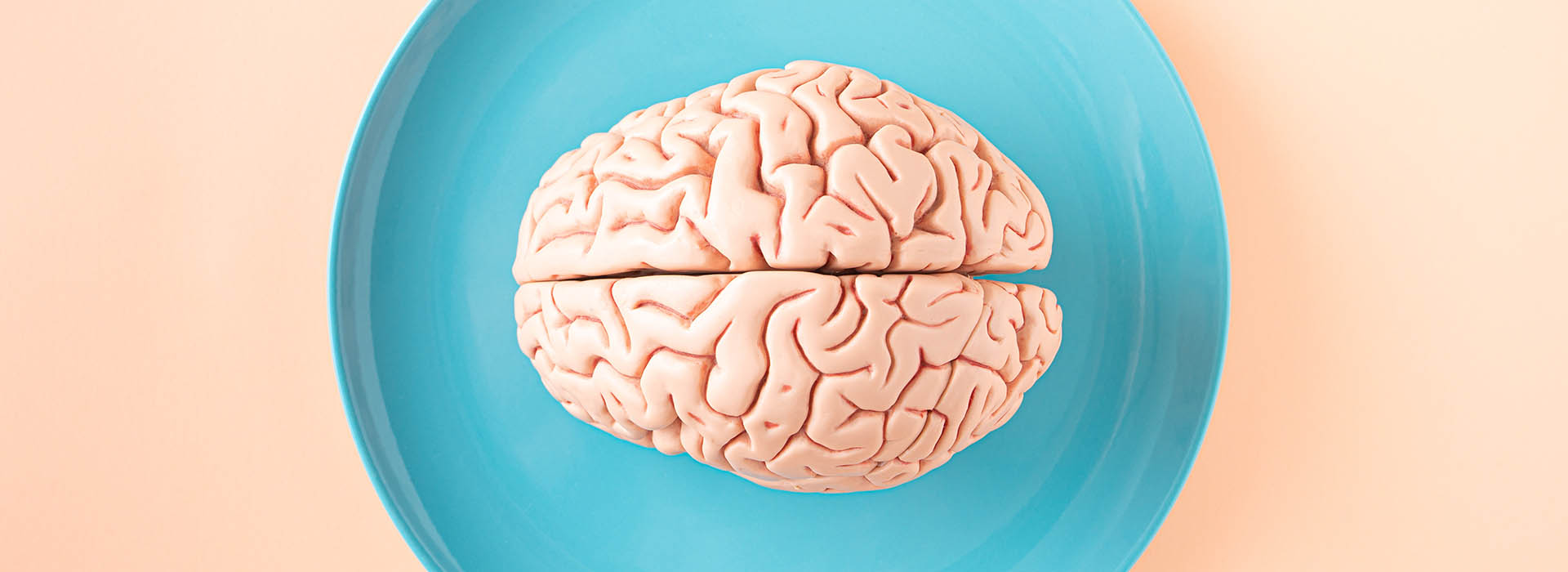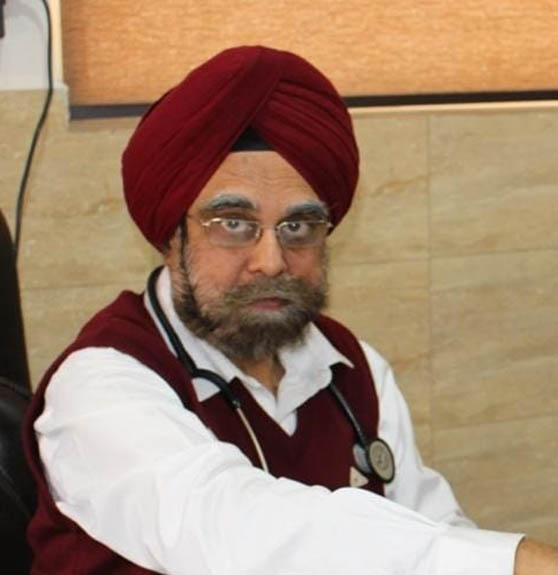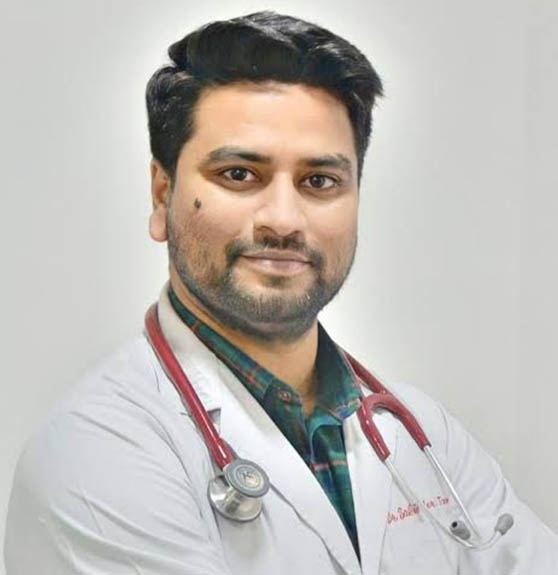
The Department of Neurology and Neurosurgery in Bhatia Hospital provides prevention, diagnosis, treatment and rehabilitation of disorders that effect the Brain, Spine, Peripheral Nerves and blood vessels. Our physicians are pioneers in this field, developing new techniques and tools, with the goal of returning to normal functioning. This department offers the treatment of paralytic disorders, sleep disorders, multidisciplinary assessment and management of multiple sclerosis, headaches, Brain surgeries, skull base surgery, paediatric surgery, epilepsy surgery, endoscopic surgery to hydrocephalus surgery and spine surgeries.
How come you need to see a neurologist?
If you are dealing with organic diseases of the brain, spinal cord, muscles, and neurological system, you may need to see a nephrologist. Examining the symptoms and illnesses that have impacted the patients' mental state is how neurologists help them.
The following indicators indicate whether it's time to visit a neurospecialty hospital:
Stroke
A stroke occurs when you lose blood supply to your brain. Without blood supply, brain cells begin to die. This can cause difficulty with speech, controlling your emotions, and more. Even when the stroke is over, you'll need treatment to regain any skills that were lost.
A neurologist can help assess the extent of the damage to your brain. They can develop a treatment plan and prescribe medications to help you recover.
Headaches
You should likely schedule a consultation with a neurologist if you experience migraine pain, especially if the symptoms are connected to neurological conditions.
Epilspsy
Epilepsy is a disorder of the brain characterized by repeated seizures. A seizure is usually defined as a sudden alteration of behavior due to a temporary change in the electrical functioning of the brain. Normally, the brain continuously generates tiny electrical impulses in an orderly pattern. These impulses travel along neurons, the network of nerve cells in the brain, and throughout the whole body via chemical messengers called neurotransmitters.
In epilepsy the brain's electrical rhythms have a tendency to become imbalanced, resulting in recurrent seizures. In patients with seizures, the normal electrical pattern is disrupted by sudden and synchronized bursts of electrical energy that may briefly affect their consciousness, movements or sensations.
Movement Disorder
Balance issues that make it difficult to walk, as well as stumbling and unintended jerks, are all signs of significant neurological problems.
Neuro-Muscle Disorders
Neuromuscular disorders affect the nerves that control certain muscles in your body. These muscles are called your voluntary muscles, they're the muscles you can choose to move such as the ones in your arms, legs, or face.
Disorders that affect voluntary muscles can be genetically inherited (passed down from your parents) or may develop over time as a complication of certain health conditions such as an autoimmune disorder.
Neuropsychiatry
Neurology and psychiatry are fields that detect and treat very specific symptoms. Neuropsychiatrists treat physical and mental indicators that fall into that ‘middle zone’.
Treatment
Bhatia Hospital unit of Neurology offers complete brain care, including Ahzimers, headaches, spinal injury, brain injury, and many more. Some of these issues are resolved with the help of medications, but some patients might have reached a chronic level of their disease, which requires surgery. At Bhatia Hospital, you can get the most experienced neurosurgeons that can provide you with every possible treatment.

PGI Chandigarh, Senior Neurologist

MCh. (Neurosurgery)